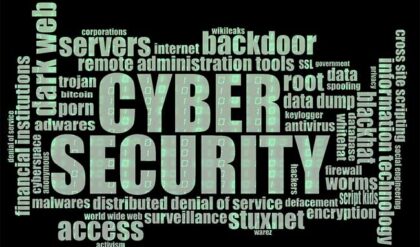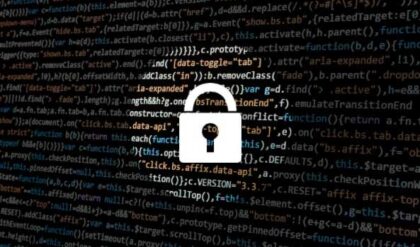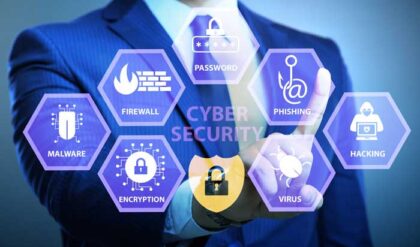Keep your computer safe while you are in school
Protecting your computer information is essential, especially in college. There are many hackers out there who wouldn’t have to do much to get access to your bank account *especially if you’re mostly using wireless*, so it is important to have strong cybersecurity skills. Most of the problems that you might be experiencing are the result of poor decisions, so we’ll discuss this broadly. If a high percentage of your actions are based on common sense, you’ll have no problems dealing with these issues. Virus protection is another way to keep your computer safe and your information secure. Here you can find useful advice on solving security issues!
Remember!
The best way to start is by remembering what your responsibilities and rights are. Knowledge is power, so the more knowledgeable you become, the better. Remember this:
- You should take responsibility for your online actions because you are the only one who has control over them. If you engage with websites that are not cool to being checked out, you might damage your cybersecurity and become more prone to attacks. Your personal data is yours to protect, not anyone else’s, so understand that every action that you take might have repercussions.
- Choosing a reliable password is an important part of this process, so make sure you spend some time brainstorming ideas. Your pet’s name and date of birth alongside might be too much of an easy guess. Think deeper.
- Don’t click on attractive links. They look attractive for a reason! If you don’t know where the email originates, don’t click on the links provided within. Your computer might get bruised.
- What is the target address of the link? Checking this out is super relevant because it tells you a lot about the website you’re going to access. If the link doesn’t seem reliable, the website might not be worth checking out. You could always learn how genuine websites look.
- Before engaging with a website, check to see if it’s registered in the online database. If no data is disclosed, you might want to let that go.
- Get an ad-block because advertisements can easily interact with your computer!
- Get an effective anti-virus software to protect you from cyberattacks. Do not install apps that you don’t need or want on your computer.
- Using a USB drive should be done carefully. Accept USBs only from those who verified their accuracy.
- If you suspect any cyber activity or abuse of the system, contact the person responsible for that in your office or at home. Make sure you report this.

Saving your data on Google Drive
Losing your information is easy, so backing it up online is a good start. When you are working at home or in the classroom, make sure to copy-paste all of your work on your school’s Blackboard-type platform. Google Drive is the simplest method I have but your school might be more open to giving you options. This data is available for your eyes only, so even if your computer is compromised, you can still access your information quickly from any other computer. Another option would be using a USB drive to store your data. While this is also a good option, using an online platform would be way cheaper than using any other tool.
About Phishing
Phishing emails are hard to spot and, as I mentioned, very attractive. You’ll probably get an e-mail stating that you won a trip to Paris for being a good student. If that happens, go through the process that I described above. Ask the question, where did this email originate? And then, check out the look of the website. If it doesn’t seem to be accurate or authentic even, do not click it. The next thing to do *if you are still not sure about the e-mail’s accuracy* is to check with your school’s IT Desk. Reach out to them to ask if the e-mail is safe to be opened. If it’s not, delete the e-mail immediately.
Careful with Personal Information
Personal information is very dangerous to share with others, so pay attention to what accounts are linked to your phone number. Random people might call you introducing them to be someone else; DO NOT BELIEVE THEM. They will usually ask for your information, pretending to be from the bank or the postal services, maybe even the IRS. Remember that these services that I mentioned above would never ask for your personal information through the phone! So, kindly deny to answer their questions or hang up.
What do I do if I was attacked?
If you were already attacked or you think you might have been, contact your school’s IT desk first. Then, contact the police and your parents. Getting information from you might make other members of your family *or community* susceptible to be the subjects of cyberattacks.
Author Bio
Michael Gorman is a highly skilled custom essay writing service proofreader from the UK who currently works at Bestessay.com. Being interested in everyday development, he writes various blog posts and discovers new aspects of human existence every day, according to substantial college paper reviews.






